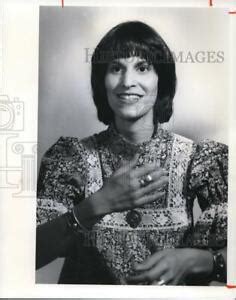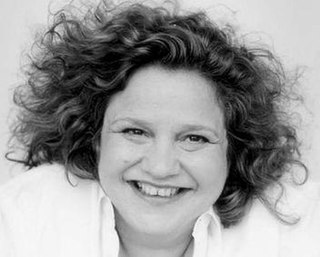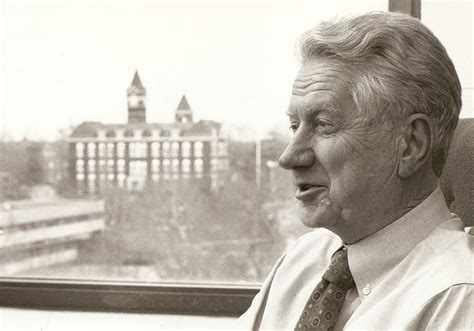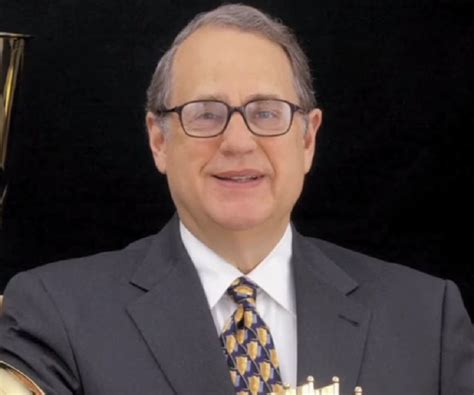A Quote by Max Planck
The history of all times and nations teaches us that exactly in the naïve, unshakable belief, furnished by religion in active life of believers, originate the most intense motives for the most significant creative performance, not only in the field of arts and sciences but also in politics.
Related Quotes
Throughout history, the arts and humanities have helped men and women around the globe grapple with the most challenging questions and come to know the most basic truths. In our increasingly interconnected world, the arts play an important role in both shaping the character that defines us and reminding us of our shared humanity. This month, we celebrate our Nation's arts and humanities, and we recommit to ensuring all Americans can access and experience them.
The introduction of the Christian religion into the world has produced an incalculable change in history. There had previously been only a history of nations--there is now a history of mankind; and the idea of an education of human nature as a whole.--an education the work of Jesus Christ Himself--is become like a compass for the historian, the key of history, and the hope of nations.
we need poetry most at those moments when life astounds us with losses, gains, or celebrations. We need it most when we are most hurt, most happy, most downcast, most jubilant. Poetry is the language we speak in times of greatest need. And the fact that it is an endangered species in our culture tells us that we are in deep trouble.





































